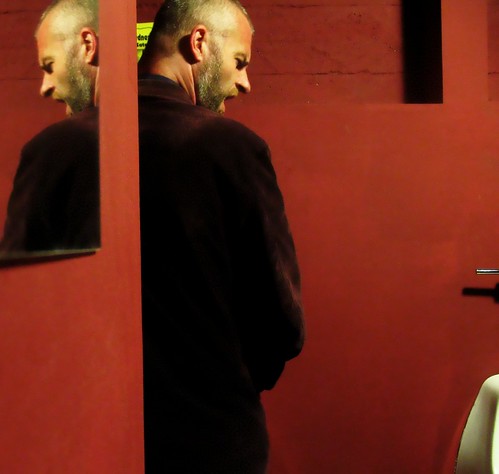
Reach a high enough level of success, skill or happiness, and you find out there are a lot of little green monsters around you, many of which you used to call friends, colleagues, partners or collaborators.
Since envy is a common and tricky interpersonal occurrence, I believe that dealing with envious people effectively is one of the important people skills to master. The primary thing to be acquainted with is not technique, but the fundamental philosophy of handling envious people. This is what I’ll focus this article on.
Reality Check
Before you think about dealing with envious people, answer this question: Are they really envious of you? You see, one thing I’ve noticed coaching people to improve their people skills is that in a many cases, envy is a false diagnostic.
What’s really going on is that a person has a better image of their skills or success than it’s warranted, so they act all arrogant and they expect special treatment. When this special treatment does not happen, the person wrongfully concludes that people are envious of them.
Here’s an example: a recruiter who believes they are the best recruiter in the company and should get the most important recruitment projects. However, their manager accurately believes that this person is not the best recruiter and gives them regular recruitment projects. So, the recruiter decides that their manager is just envious.
This is why it’s good to open your eyes really wide, notice what’s really going on and then decide if it’s a case of people green with envy or rather you being a self-righteous pain in the ass.
Putting Envious People in One of Two Boxes
If you decide that you’re dealing with real envy, the next thing I recommend is to think about those people who are envious of you and their real power to have a practical negative impact over you. Based on this, put them into one of two boxes:
- The Harmless Box. These are the people who besides making some bad jokes and not liking you very much don’t have the power or the guts to actually do something which can harm you.
- The Potential Threat Box. These are the people who do have enough power and nerve to potentially harm an aspect of your life, such as a work colleague who is very well trusted by all the top management in the company.
Ignore, Ignore, Ignore
The people in the first box are the people you just want to ignore. Let their jokes and passive-aggressive comments be like spears passing through water. There is no real harm they can do and often, if they see their comments have no effect on you, they eventually back off and continue hating you in silence.
By defending yourself in front of them or becoming passive-aggressive yourself, you are giving these people more importance than they deserve. Many of them are hopping this will happen, because they derive power not from real results, but from manipulative, power games.
Address Them Head On
The people in the second box, they are a different scenario. Since they can actually sabotage your career, relationships or life, you want to deal with them as soon as you notice comments or behaviors that suggest envy.
The first approach I recommend is talking to them. Point their conduct, express your honest opinions in a tactful way and seek to get their perspective on things. Yes, if your communication style is good enough, this does work and you can get the other person to back down.
If this approach fails, it’s time to put into play one of my favorite people skills: cutting this person’s power over you. This means you change your environment and your social dynamics so the envious person no longer has power to affect you.
One person I know who had an envious manager did so by becoming a good friend with and earning the trust of their manager’s manager. Another person with an envious manager did so by quitting their job and finding another one. Alternatives do exist; the essence is to act on them.
Envious people can be a bother, but they don’t have to. Know how to deal with them wisely, have the confidence and the people skills to do so, and they become insignificant; which is how I think envious people deserve to be.
Image courtesy of Darwin Bell

